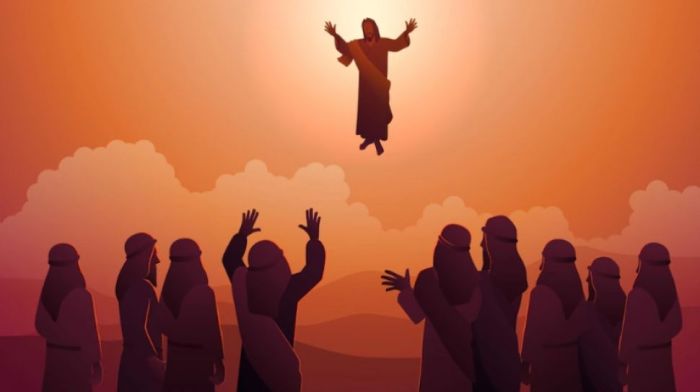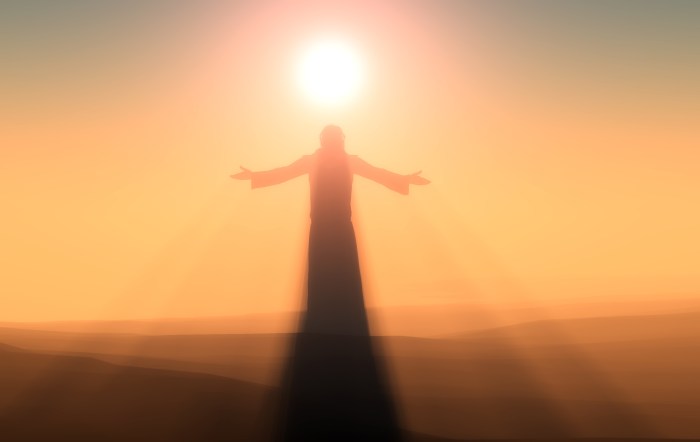What is the final stage of christ’s exaltation – The culmination of Christ’s earthly ministry and heavenly reign, the final stage of Christ’s exaltation, known as the Consummation, holds profound significance in Christian theology. This stage marks the ultimate triumph of Christ over sin and death, the restoration of all things, and the establishment of God’s eternal kingdom.
The biblical imagery and language used to describe the Consummation paint a vivid picture of a transformed creation, where suffering and injustice are replaced by joy and righteousness. The consummation of all things in Christ signifies the fulfillment of God’s redemptive plan and the ultimate victory of good over evil.
The Ascension: What Is The Final Stage Of Christ’s Exaltation

Christ’s ascension to heaven marks a significant milestone in his exaltation. After his resurrection, Jesus spent forty days on earth, instructing his disciples and preparing them for his departure. On the day of his ascension, he gathered his followers on the Mount of Olives and, as they watched in awe, he ascended into the heavens, a cloud receiving him out of their sight (Acts 1:9-11).
The ascension of Christ has profound implications for believers. It demonstrates his triumph over death and sin and his exaltation to the right hand of God. It also symbolizes our own future hope, as we are destined to be with him in heaven (Ephesians 2:6).
The Session

The session of Christ at the right hand of God refers to his position of authority and power in heaven. After his ascension, Jesus was seated at the right hand of the Father, indicating his equality with God and his role as mediator between God and humanity (Hebrews 1:3; 8:1).
From his position of authority, Christ exercises his power to intercede for believers, to judge the world, and to rule over all creation. He is the head of the church and the sovereign ruler of the universe (Colossians 1:18; Ephesians 1:20-23).
The Return

The return of Christ is a central doctrine of Christian faith. According to biblical prophecies, Jesus will return to earth in glory to establish his kingdom and to judge the living and the dead (Acts 1:11; Revelation 20:11-15).
There are different views among Christians regarding the timing and nature of Christ’s return. Some believe that it will be a sudden and unexpected event, while others believe that it will be preceded by a period of tribulation and turmoil.
Regardless of the timing, the return of Christ is a reminder of the hope and assurance that believers have in his promise to come again.
The Consummation

The consummation of all things in Christ refers to the ultimate fulfillment of God’s plan for creation. According to biblical imagery, the consummation will involve the creation of a new heaven and a new earth, where God will dwell with his people and there will be no more pain, suffering, or death (Revelation 21-22).
The consummation is the ultimate goal of God’s redemptive plan and the final stage of Christ’s exaltation. It represents the restoration of all things to their original perfection and the establishment of God’s eternal kingdom.
FAQ Summary
What is the significance of the Consummation?
The Consummation marks the culmination of God’s redemptive plan and the ultimate triumph of Christ’s kingdom.
How is the Consummation described in the Bible?
The biblical imagery and language used to describe the Consummation depict a transformed creation, free from suffering and injustice.
What are the implications of the Consummation for believers?
The Consummation brings about the restoration of all things and the establishment of God’s eternal reign, offering hope and assurance to believers.